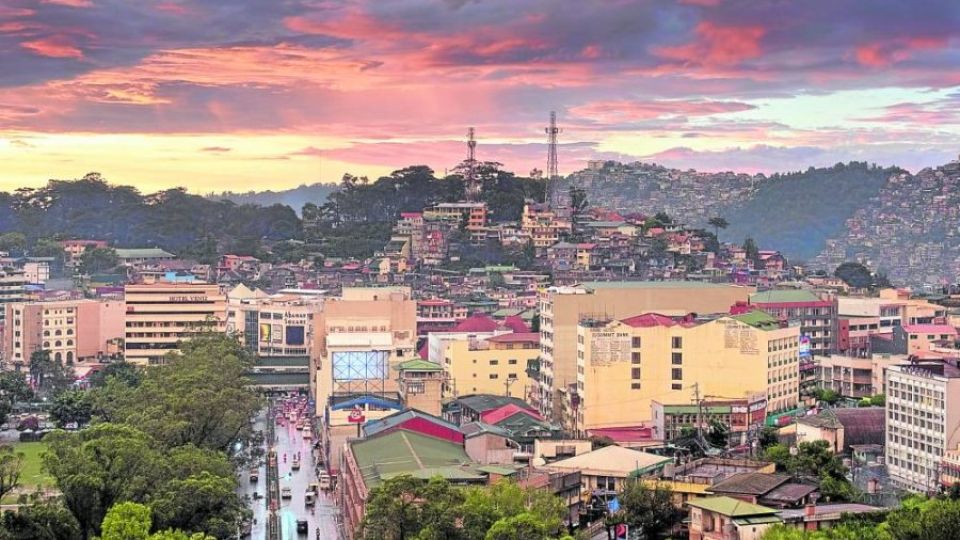December 22, 2022
BAGUIO CITY, Benguet, Philippines — “Baguio green zones,” where alcohol cannot be sold or consumed, is one of the options being considered by the City Council as it works to reconcile the summer capital’s strict liquor code with the demands of its tourist-reliant economy.
The body has been discussing a proposed ordinance filed by Councilor Betty Lourdes Tabanda that reduces the mandatory distances separating food stores or lounges licensed to sell or serve alcoholic beverages from the closest school, government building or church.
Since the start of the pandemic, some bars and liquor stores were refused license renewals last year and early this year because of their proximity to schools and government buildings, including newly constructed barangay halls, as prescribed by Ordinance No. 1 series of 1990.
The situation has triggered some backlash from the business community, which is still recovering from the economic impact of the pandemic.
Change in distances
Tabanda’s draft ordinance amends the 1990 ordinance by setting a 100-meter distance, down from the current 200 meters, for “night clubs, cabarets, dance halls, disco pads, beer gardens that allow dancing and employ hostesses (sic), and cocktail lounges that allow dancing and employ hostesses.”
The proposed law also brings down the 50-meter distance to 20 meters for liquor and wine stores, bars and lounges that do not employ guest entertainers, and folk houses.
Easing regulations on the sale of liquor would not be advisable because of the density of universities in downtown Baguio, said Darryl Longid, officer in charge of the Public Order and Safety Division, at a public consultation held on Dec. 14.
Regulations
“Some universities hold classes at night so students are still exposed to the closest bars even though they operate only in the evenings,” Longid said.
But the city government could instead create zones around the University Belt where liquor cannot be served, he said, dispensing with the linear meter rule which some businesses described as archaic and too cumbersome.
Allan Bandoy, president of the Baguio Association of Bars and Entertainers (BABES), said the distance restriction is enforced even if the liquor-licensed store has been there before a school, church or new village government halls were put up.
Councilor Peter Fianza, who chairs the council committee on laws, said liquor code amendments are being considered in light of fears from “night club owners” that 80 percent of their sector may close due to the strict enforcement of liquor regulations.
But he stressed that these changes were not being made on behalf of bars and liquor establishments, saying the final amendments would be passed for the common good.
Only tourist-accredited facilities are exempted from the liquor code’s distance regulation. But some councilors acknowledged that visitors were likely to seek alcoholic beverages during meals served by non-accredited food places or to stock up before returning to their hotels.


